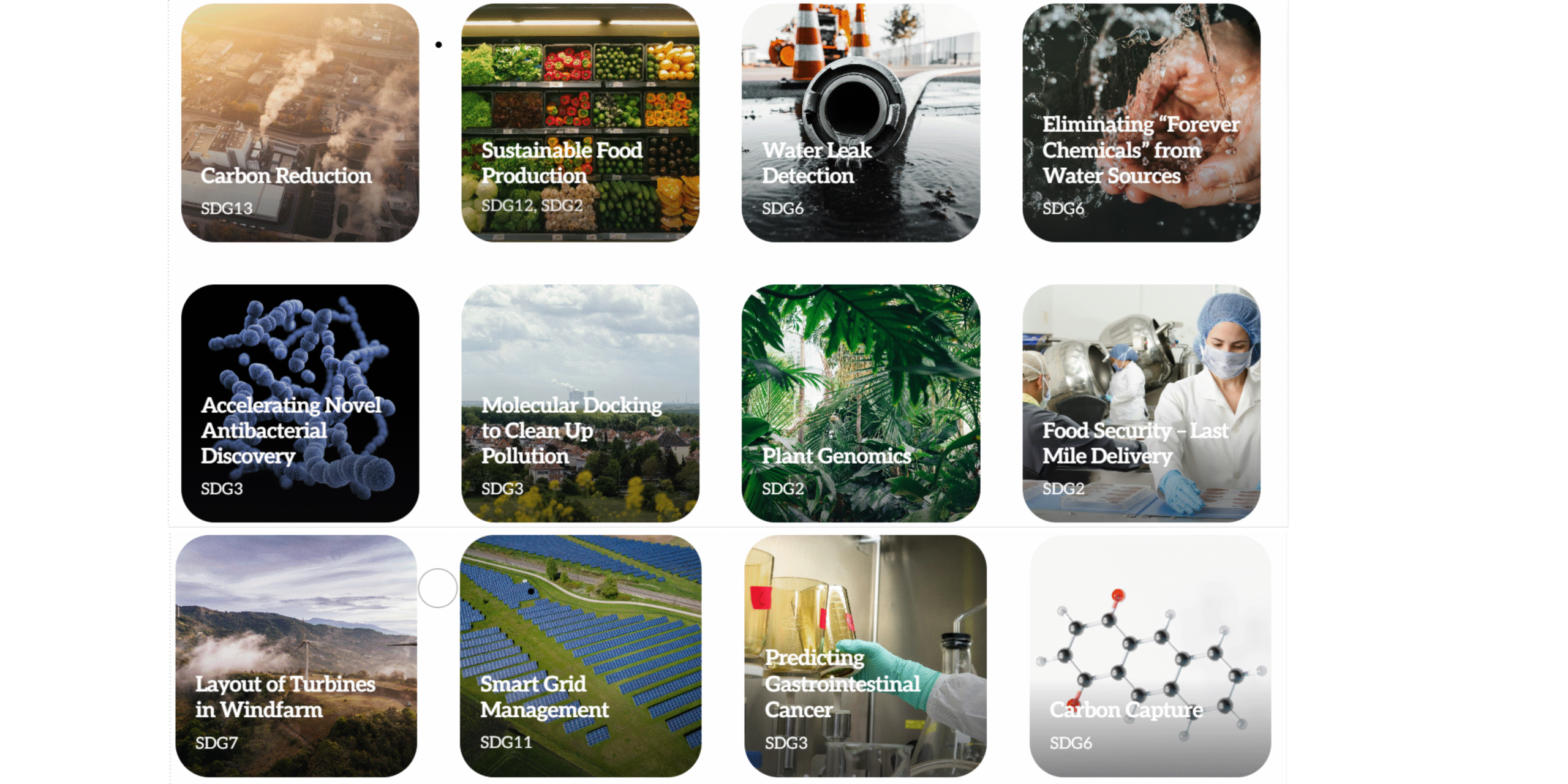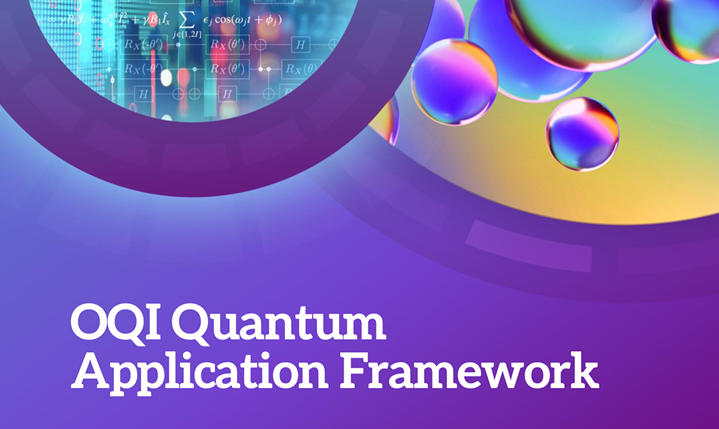Accelerating applications for humanity
How could quantum computing accelerate the achievement of impactful applications for the benefit of humanity?
Use cases for the SDGs
We are exploring how quantum computing could accelerate the achievements of the United Nations’ Sustainable Development Goals (SDGs), through the combined forces of researchers and developers, entrepreneurs, the United Nations and large NGOs. To inspire the global community to contribute to this effort, we are building a portfolio of use cases, which contains use cases supported by OQI and also ones developed by like-minded organisations.


Applications Framework
OQI has developed a framework, which has been validated by leading international quantum hubs and organisations. Several aspects are important in developing SDG use cases: multidisciplinarity, multi-phase approach, access to quantum devices, impact anticipation.This framework creates a common language and set of criteria that can be openly shared with others developing quantum computing applications for the SDGs.
